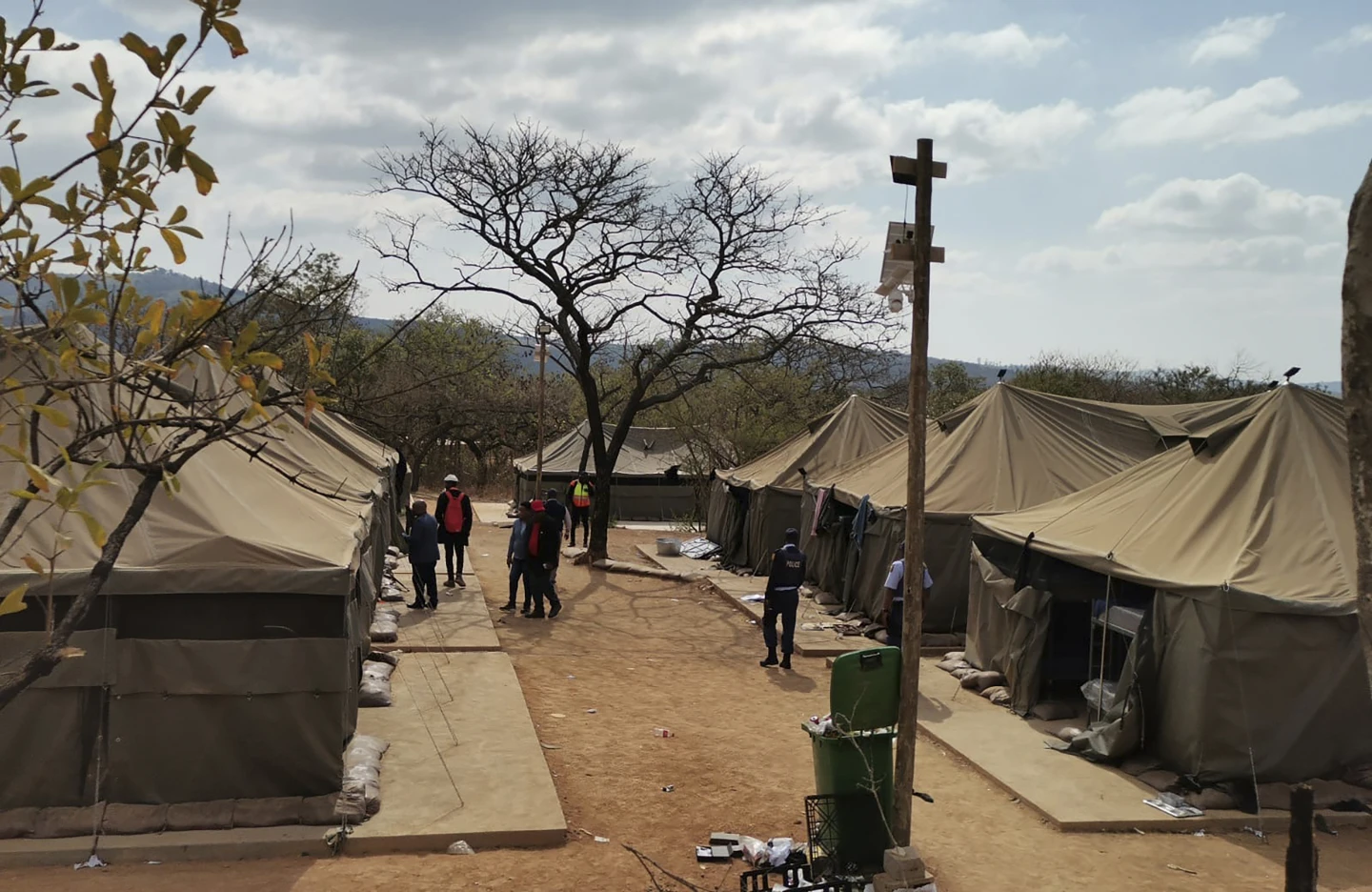
Libyan military training camp in South Africa illegal: report
A camp where 95 Libyans were detained last month is illegal as it provided military-style training to people from a country in conflict, South Africa’s security industry regulatory body said Wednesday.
The Libyans have been detained since July 26 when police raided the remote training camp near the town of White River about 360 kilometres (220 miles) east of Johannesburg.
The company running the facility was registered with the Private Security Industry Regulatory Authority. However, the camp where the Libyans were found was not accredited, PSIRA chief Manabela Chauke told reporters.
An investigation found that some of the instructors were not South African and the “standards of training that was offered was foreign or also adopted from other countries,” he said. Some of the trainers used military ranks.
Chauke did not give the nationalities of the instructors or say who contracted the training in South Africa.
Chauke said South Africa’s Foreign Military Assistance Act makes it illegal to offer military or security training “to a foreign national who originates from a country where there is armed conflict.”
The “design and the layout of the infrastructure of the Libyan camp supported a military-style training camp,” he said.
Milites Dei Academy, the security company running the camp, had violated various laws and criminal charges were being drawn up against the owners, whose license had been suspended, Chauke said.
The head of the company has rejected wrongdoing, telling the country’s Sunday Times newspaper that the men were being trained as security guards and had the correct study permits and visas.
The government said last month the men had arrived in South Africa on visas that had been “irregularly acquired” in the Tunisian capital and based on “misrepresentation”. The visas had been canceled.
The men have been charged with violating immigration rules. Their case has been postponed until August 26 for further investigation with authorities not ruling out further charges.






